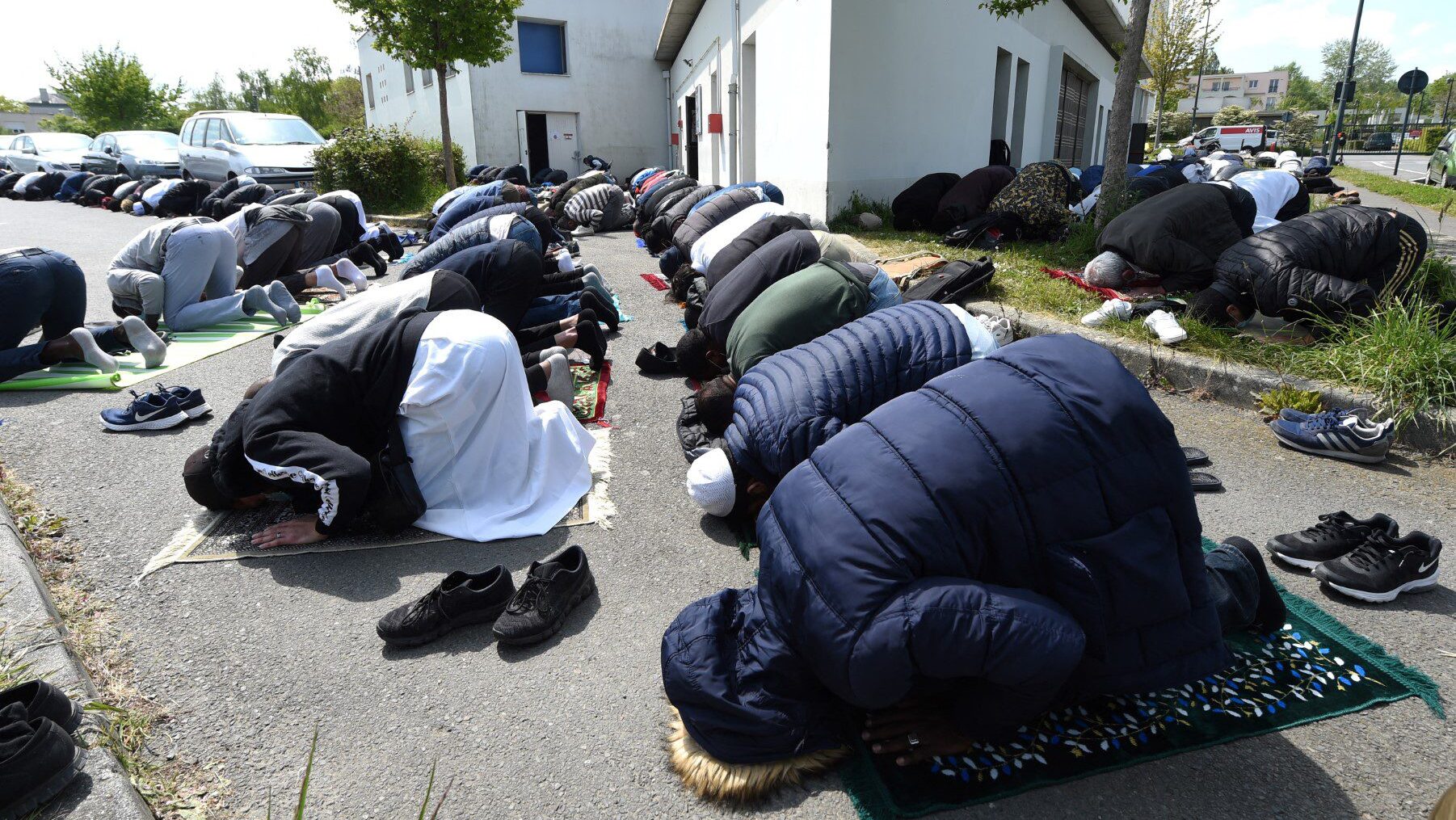
Photo: AFP / JEAN-FRANCOIS MONIER
An expert on Islamism has highlighted the dangers to Europe of the Muslim Brotherhood through its emphasis on legal rather than ‘terrorist’ methods. Dr. Lorenzo Vidino told a recent European conference how the Brotherhood is a “social network,” united by ideological and economic ties, and heavily financed by Qatar.
It facilitates Islamist radicalisation while impacting the discussion of human rights and democracy—which it wishes to abolish in favour of establishing a global caliphate: i.e. theocratic rule by a caliph, the recognised successor to the prophet Muhammad.
Le Journal du Dimanche reported how the conference—organised by the Défense des servants de la République association—brought together a wide range of Islamism experts in the French commune of Saint-Ouen-sur-Seine on Wednesday, May 15th.
According to event organiser Professor Didier Lemaire,
This conference allows us to understand the vision and strategies of those seeking caliphal conquest of the world, strategies that are adapted to each national context. Knowledge of this phenomenon is essential to counter it.
The Muslim Brotherhood may not be a ‘terrorist’ group in the Western sense of the term, but its impact is substantial. Florence Bergeaud-Blackler—an academic who has received death threats and was cancelled by the academic community for her research on the growth of the Muslim Brotherhood—said the group has acclimatised to European societies in order to better conquer them, by making them “Sharia-compatible.”
« Leur objectif est le califat mondial » : à Saint-Ouen, un colloque sur « les islamismes en Europe » https://t.co/axdGtxBju5
— Florence Bergeaud-Blackler (@FBBlackler) May 16, 2024
A transnational Sunni Islamist organisation founded in Egypt by Islamic scholar Hassan al-Banna in 1928, the Muslim Brotherhood is is becoming more and more influential in Muslim communities around Europe through a multitude of affiliate organisations devoted to culture, education, financial investments, political lobbying, and charity.It is considered a terrorist group in Egypt and some other Arabic nations.
As we noted previously, French President Emmanuel Macron commissioned a report on “political Islamism and the Muslim Brotherhood,” to be submitted in the autumn. Interior Minister Gérald Darmanin said he wants to “fight back against the Muslim Brotherhood” because while “it does not use terrorism, it uses much softer methods, and works effectively for the gradual tipping of all sections of society into the Islamic matrix.”
Since 2019, the Muslim Brotherhood has grown from 50,000 to 100,000 members in France. Evidence of its infiltration into French life is visible in the growing number of women wearing a headscarf, religious demands in the workplace and in swimming pools, and the growth in halal trading.
A report last year in Sweden provided evidence that the highly influential Islamic League of Sweden is a front group for the Muslim Brotherhood operating covertly to advance Islamist goals. The Swedish Centre Party, in particular, has been heavily penetrated by the Muslim Brotherhood as well as the Muslim-dominated Nuance Party (Nyans) through a mixture of entryism and mobilisation of the Islamic vote. The report references the “European strategy of 1995” promulgated by Muslim Brotherhood leaders, moderating their rhetoric in the pursuit of political power and the long-term Islamisation of Swedish society by demographic and cultural shifts.
The Muslim Brotherhood has also infiltrated mainstream European institutions. For instance, the Forum of European Muslim Youth and Student Organizations (FEMYSO), a group with strong ties to the Brotherhood, has received funding from the European Commission, and had its members welcomed in the European Parliament (EP)—to the dismay of conservative lawmakers. Another NGO with links to the Brotherhood, the European Network Against Racism, was also given a platform at the EP.
